I.D. Antarctica – Home at Last
Land ho!
Pictured above is the first bit of South America we saw from the ship. After a remarkably smooth crossing of the Drake Passage, we made it back to Punta Arenas, Chile.
It’s not always so smooth, though! This Quicktime video file (Crossing the Drake Passage, 2017) shows you what my crossing looked like the last time I went to Antarctica in 2017. Some of the waves were over 30 feet high! It can be so rough, you need to wedge a life jacket under your mattress to keep from being thrown out in the night (especially if you’re in the top bunk).
After being in a polar environmental for nearly two months, it’s remarkable how sensitive you are to the odors of plants and dirt. For example, I loved getting my first smell of grass again. It can also be very weird seeing cars. Luckily, Punta Arenas is an amazing city with a lot of cool sights, people, and restaurants.
Back at VIMS
I hope you have all had a fun time identifying Antarctic organisms with me. After a short vacation, I am now back at my graduate school, the Virginia Institute of Marine Science.
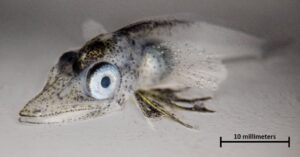 For the rest of Spring semester, I will be using a type of math called statistics to analyze trends in the abundance of fishes we caught during the Palmer LTER cruise.
For the rest of Spring semester, I will be using a type of math called statistics to analyze trends in the abundance of fishes we caught during the Palmer LTER cruise.
I hypothesize that several species of fish, like the icefish you all identified (Pagetopsis macropterus), are being negatively impacted by global warming in Antarctica.
It is a common misconception that marine scientists spend all their time doing field research. We generally spend more time doing statistics or work in the laboratory than we do in the field. Statistics is incredibly important for verifying what we hypothesize.
Finally, it’s important to remember you don’t have to travel to the bottom of the world to discover unique animals. Insects in your backyard can be as interesting to look at as zooplankton, you just have to find them!
Editors Note: Please tell us about your experience with ID Antarctica – and if you have any other questions or feedback for Andrew – by commenting on this post. (If you don’t mind, please include your school name/state, the grade level, and number of students. The content of your post can be kept private if you request.) Thank you for going on this adventure with us!

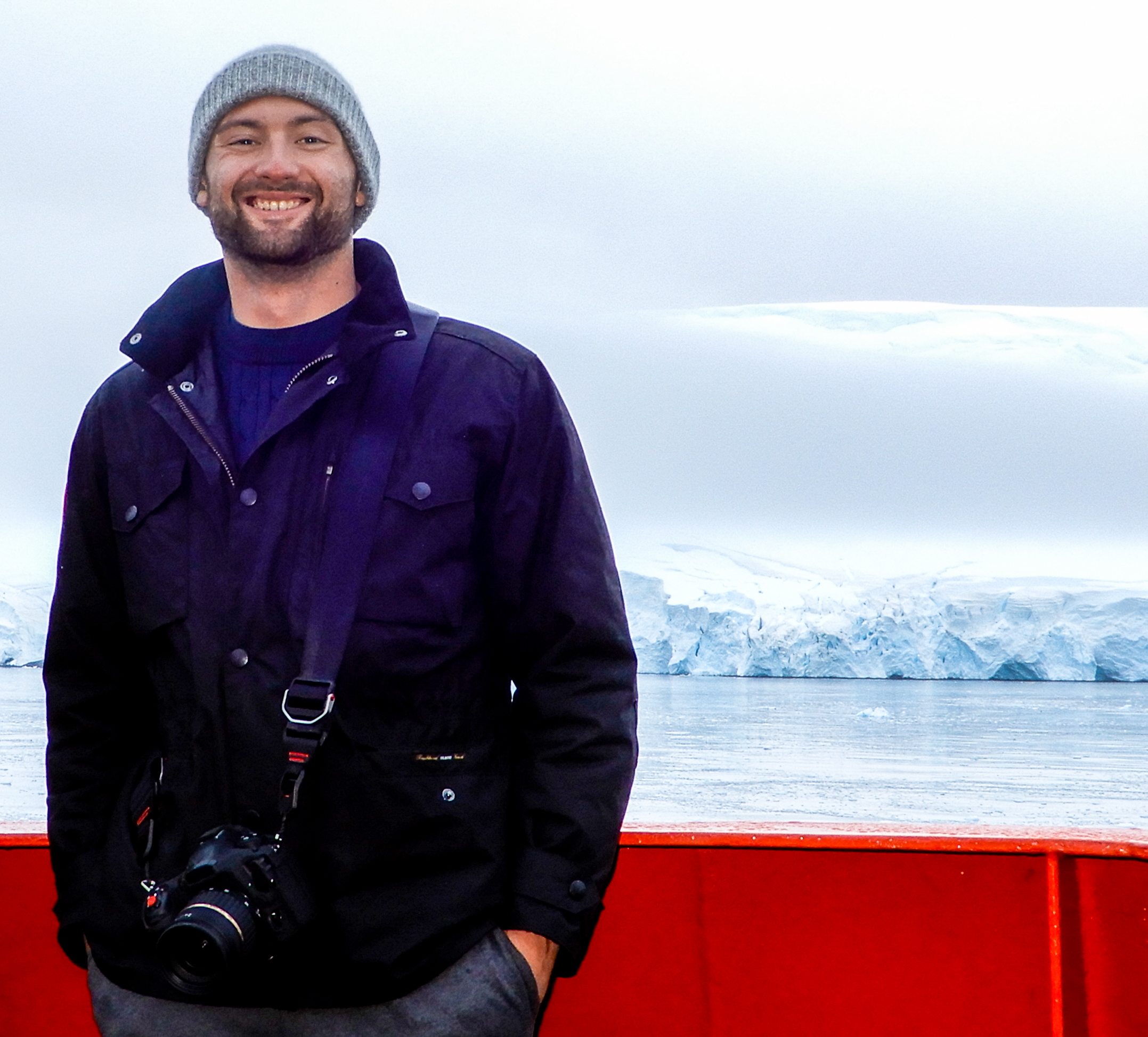
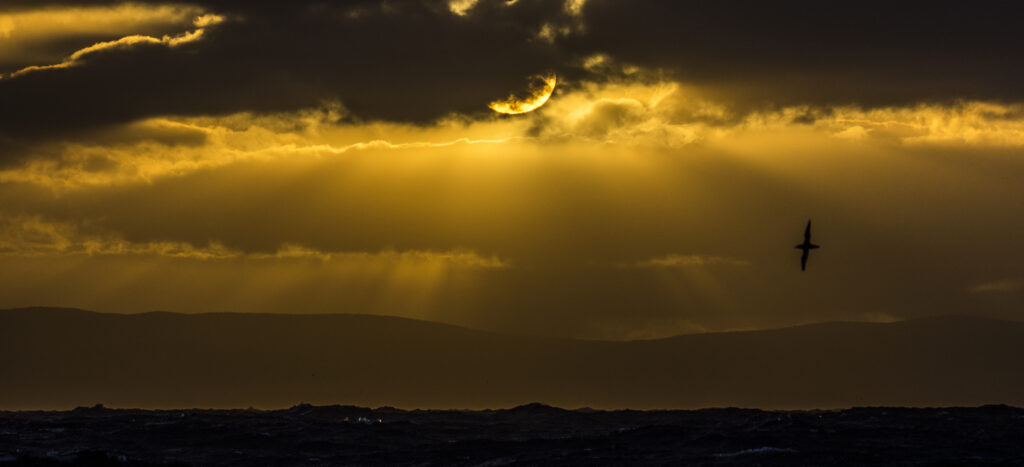

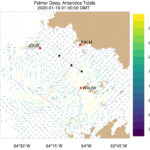
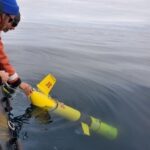
We participated in several weeks of your IDs. The students enjoyed it! We are from Arthur, Illinois.
Congratulations! We thoroughly enjoyed Blogging with you!!!
We all learned so much. We will be using dichotomous keys for tree investigation in the spring so this was a great introduction.
We are now studying Antarctica and why climate change is affecting the ecosystem there. We have a Lego Antarctic study base and study the challenges of building, living and researching in Antarctica. Our class also sends a flag down to Antarctica to Royds Base to cheer everyone up there. Having the Blog experiences was wonderful for the students. The amount of information and pictures were perfect. Just enough to keep their interest and curiosity going! I am sad it ended!
Thank you again,
Linda Librizzi
Science Teacher
Thank you for showing us the work you do and sharing the pictures. We have enjoyed identifying the organisms with you and experiencing your journey.
Hi Mr. Corso! We are students of Mr. Michel’s Bio H class in Indian Hills High School NJ. We know that Tara in class has already reached out to you. We have all really enjoyed ID-ing the organisms that you have posted. It has been the highlight of our week these past months. We are glad that you have arrived safely in Virginia. Thank you for letting us be a part of your journey in Antarctica.
Hello! We are freshman from Indian Hills High School, and our bio teacher has been showing us your dichotomous keys.Thank you for sharing your pictures and taking the time to create such detailed keys. We really enjoyed experiencing Antarctica through your amazing photos.
Thank you for sharing your information and pictures with everyone who followed this journey.